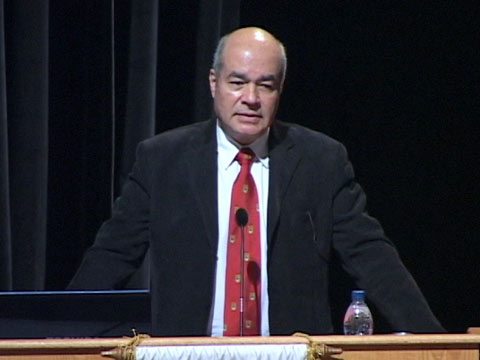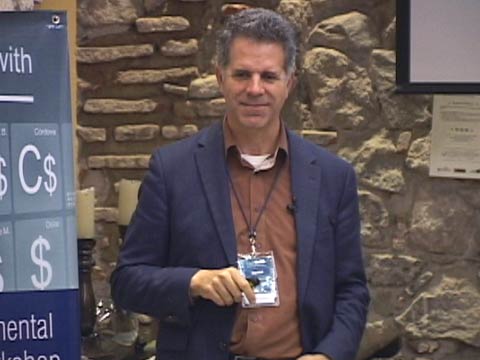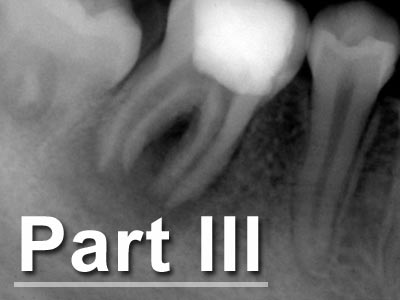About this videoIn this conference, Dr. John Gray explores the historical and theoretical causes behind the collapse of the Soviet Union's socialist system during the late 20th century. Based on the economic theories of Ludwig von Mises, Friedrich A. Hayek, and Michael Polanyi, he concludes that central planning institutions cannot exist because economic calculation is impossible and knowledge is dispersed, dynamic, and tacit. Finally, a conjunction of historical events—including Mikhail Gorbachev's perestroika and glasnost, the Afghanistan War, and the rise of nationalist movements—brought about important reforms, like the fall of the Berlin Wall, that led to the collapse of the Soviet economic and social system. |
|
CreditsEpistemological causes of the Soviet Union's collapse
| |










